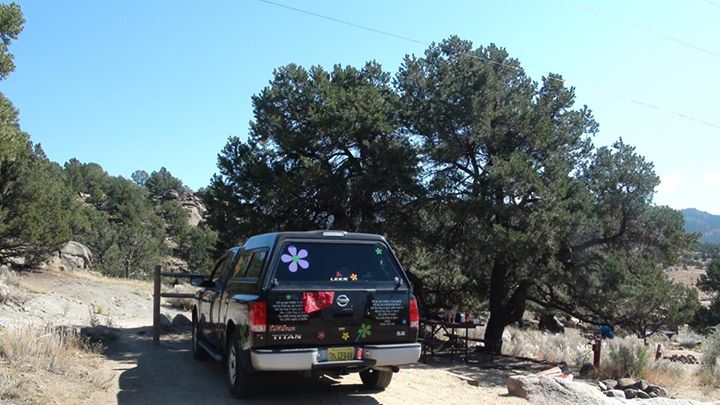
Tuesday, 8 October 2013
And David says:
“Let their table become a snare and a trap, A stumbling block and a recompense to them. Romans 11:9
Verse 9 is an amended quote from Psalm 69:22 –
“Let their table become a snare before them, And their well-being a trap.”
“And David says” is no different here than saying, “Scripture says” or “God has said.” This is the wondrous nature of the Word of God. What is spoken by a man is actually a thought breathed out by God through that man. There is a harmonious blending of God’s word with the uniqueness of the person relaying that word, in style, in emotion, and in thought.
This psalm is used on several occasions in the New Testament as pointing to Christ. The verse just prior to this one, verse 21, is certainly Messianic in nature –
“They also gave me gall for my food, And for my thirst they gave me vinegar to drink.”
Matthew 27:34 shows its fulfillment in the offering of sour wine mixed with gall to Christ at the crucifixion. Understanding this context, we can see that Paul’s citing of it is not intended as an imprecation by him toward the Jews, but rather as prior predictions which would come about on them. Because of their rejection of Jesus, the One who fulfilled their Scriptures which are the written basis of what established them as a people, the result would be that God would “let their table become a snare and a trap.”
The table is the place where one partakes in God’s blessing in the most personal manner. It is a place of sharing in the abundance the Lord provides, relaxing while enjoying it, and fellowshipping with those who unwind at the same table. The symbolism of it is seen in a most notable way in the 23rd Psalm –
“You prepare a table before me in the presence of my enemies…”
David’s table was set “in the presence of” his enemies. In other words, he could relax and enjoy God’s abundance without fear. His enemies were subdued and so nothing would disturb his moment of ease, fellowship, and nourishment. In contrast to this, the Jews who had rejected Christ were now Christ’s enemies. In this special place where they would look for peace, blessing, and abundance, instead they would find a “snare” and a “trap.”
The snare is the Greek word pagida. It carries the notion of “making fast.” An anchor, for example, is called a pagis; it makes fast the ship. This implement then is used figuratively in a moral sense to steal away the spiritual blessings that the Lord would otherwise provide. Each time this word is used in the New Testament it follows along with this figurative sense.
The “trap” is the Greek word theran, literally “a hunting.” This is its only use in the Bible, but the sense of it is possibly that of a net. The snare holds the prey, the net or trap is used to capture it for the kill. From this point, the words move on to say that the table will become “a stumbling block” and a “recompense.” The stumbling block is what one trips over. It is the sin that ends in ruin. Citing this indicates that the sin of rejecting Christ will first snare and entrap them and this will lead to their downfall. And in this downfall is found their “recompense” which is their just retribution.
The sequence of these words is logical, one following the other to show the inevitable result of rejecting Christ. In a lesser way, it is the natural course of any sin. If one steals, the very thing they thought would enrich them first becomes a snare; they are lured in and held fast. Then they are hunted and trapped because of their action. What they had hoped would be for their benefit is what caused them to fall, and the result of their fall is arrest and imprisonment. If this is the natural course for sin, how stern must be the ultimate sin of rejecting God’s offering of His Son?
Life application: Sin bears consequences – for our life, our health, our peace, our family, our future. Of all sin, the rejection of Jesus is one that, if not corrected before death, will lead to the punishment of every other sin and eternal condemnation. This message needs to be explained, sometimes more than once, to those around us. There is pardon of all sin in Christ; there is the eternal punishment of all sin without Christ.
A pardon bearing my name… O God, I remember the day I heard the good news of peace and reconciliation between You and me – the forgiveness of sins because of the shed blood of Christ. Your word told of His coming in detail, assuring us that the message was true. And when He came, He proved it just as Your word proclaims. Christ is risen, the pardon is offered, I accept His work. Thank You for Jesus. Amen.
